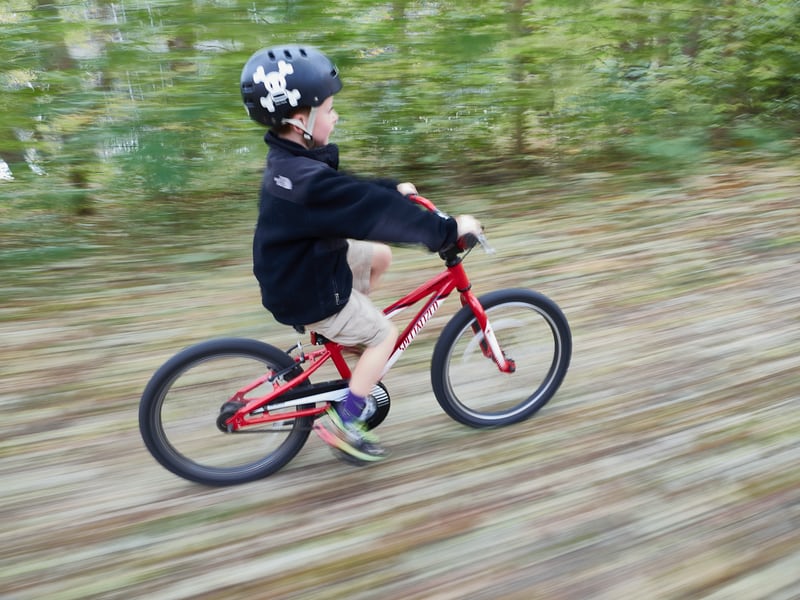Concussions in young children can cause mental health issues, study finds

One third of children who experience a concussion develop a mental health problem afterwards, which could persist for several years post-injury, according to a new literature review led by the Murdoch Children’s Research Institute (MCRI).
Published in the British Journal of Sports Medicine, the review found mental health should be evaluated as part of standard pediatric concussion assessment and management, with MCRI researcher and Monash University PhD candidate Alice Gornall saying despite many post-concussion and mental health symptoms overlapping, the relationship between delayed recovery and mental health had remained poorly understood until this literature review.
Given that falls were the leading cause of concussion in children, at 42 per cent, the findings will be of interest to those in the early childhood education and care (ECEC) sector where falls are commonplace.
The review found up to 36 per cent of children and adolescents who experienced a concussion had significantly high levels of internalising problems such as withdrawing, anxiety, depression and post-traumatic stress, and 20 per cent externalising problems such as aggression, attention problems and hyperactivity after concussion compared with healthy children or children who sustained other injuries such as an arm fracture.
Pre-existing mental health problems a strong predictor of post-concussion issues
The review stated 29 per cent of children with a pre-injury mental health diagnoses received a new mental health diagnosis post-concussion. Up to 26 per cent without prior mental health problems went onto develop symptoms.
Ms Gornall said while significant improvements in mental health emerged between three and six months post-injury, a minority of children experienced persisting symptoms for several years afterwards.
The findings come after a recent study, led by MCRI and published in The Journal of Head Trauma Rehabilitation, found having a traumatic brain injury in early childhood was associated with lower IQ scores that persist up to seven years post-injury.
Ms Gornall said concussion was a growing public health concern with a third of children experiencing a head injury before 13 years of age.
“Despite the high incidence of concussion among children and adolescents, identifying those at risk of ongoing difficulties after concussion remains a prominent challenge for clinicians,” she said.
“On top of this, children take twice as long to recover from concussion than adults, with one in four children experiencing symptoms beyond one-month post-injury.”
Intervention trials underway
MCRI researchers are trialling an intervention, Concussion Essentials, to prevent children suffering long term post-concussion symptoms.
The eight session intervention combines physiotherapy and psychology treatments that target presenting symptoms with education around common concerns such as headache, fatigue and return to exercise, school and sports. Early data shows that the intervention is effective in accelerating recovery.
Developed by world-leading concussion experts at MCRI and The Royal Children’s Hospital and in collaboration with the AFL, the HeadCheck app also helps parents, coaches and first aiders to recognise the signs of concussion and manage the child’s safe return to school, play and organised sport.
For more information visit www.headcheck.com.au or download the app from the Apple Store.
To access the research in full, see here.
Popular

Quality
Practice
Research
Early help, lasting impact: the success of a Specialist Equipment Loan
2025-11-25 07:30:39
by Fiona Alston

Research
Landmark report warns wellbeing of Australian children at a crossroads
2025-11-25 07:00:53
by Fiona Alston

Quality
Policy
Practice
Provider
Research
EYS program delivers strong outcomes, but long-term funding remains critical
2025-11-25 07:45:35
by Fiona Alston











